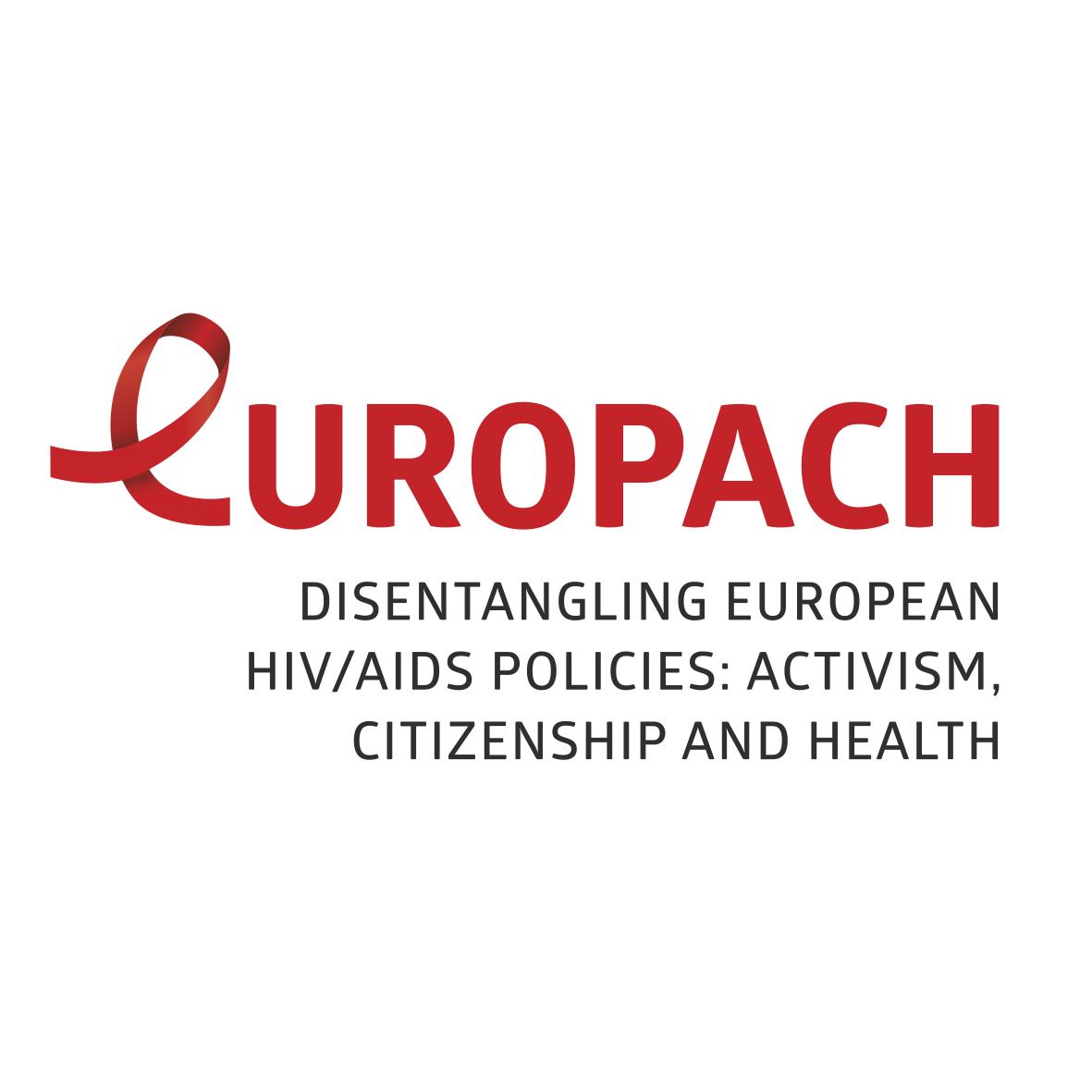CISP Projects
Read about past and present projects based in CISP
Primary page content

“Ripping up the rulebook”: Experiments in post-pandemic substance use treatment
‘“Ripping up the rulebook”: Experiments in post-pandemic substance use treatment’ is a five-year research project funded by a Wellcome Trust University Award (2022-2027) led by Dr Fay Dennis.
If we take death as the ultimate harm, the UK has never been a more harmful place for people who use substances. Death rates from both drug- and alcohol-specific reasons are at their highest ever level. Moreover, some areas are experiencing their worst HIV outbreaks among injecting drug users in 30 years, and alcohol-related liver disease is rising steeply. As Covid-19 works to "expose and amplify" existing inequalities, the fear is that these deaths/harms will increase further. However, Covid-regulations have also brought drastic changes to the sector, including long-sought flexibilities in treatment options and regimes. Prominent practitioners refer to these as "ripping up the rulebook" and a "natural experiment" with "potential for a lot of learning". This project studies these experimental practices and what they open-up for improving treatment attractiveness and responsiveness. It maps experiments in service provision through a UK-wide survey and carries out ethnographic inquiry to establish how these practices re-work treatment and the role of service users’ own experimentations in these processes. Extending this experimentality through its methodology, the project brings together key stakeholders in a theatre-informed workshop to quite literally "rip up the rulebook" (clinical/policy guidelines) to provoke new thinking and action on treatment possibilities.
Participants: Fay Dennis

Sexuality and Psychedelics: The Sexual Politics of the Psychedelic Renaissance
BA/Leverhulme Trust project (SRG/211416)
Over the last few years, the success of clinical trials into the use of psychedelic substances for mental health care has gained considerable prominence and media coverage, including their potential for aiding recovery from sexual trauma. Simultaneously, psychedelics communities and activists are currently facing their own #MeToo moment, with revelations of abuse and exploitation taking place on retreats and in therapeutic settings, often instigated by those in leadership positions. Employing solicited participant-writing and semi-structured interviews with 20 participants, the study aims to analyse the ways in which users of psychedelics outside clinical settings are navigating the sexual politics of the current psychedelics landscape, and the influence changing perceptions of psychedelics are having on users’ practices, discourses and motivations. The research will make a significant contribution to a small but growing body of work on the social and cultural politics of the ‘psychedelic renaissance’.
For more information visit the project website.
Participants: Alex Dymock

Disentangling European HIV/AIDS Policies: Activism, Citizenship and Health
Through the lens of the HIV/AIDS epidemic, Disentangling European HIV/AIDS Policies: Activism, Citizenship and Health (EUROPACH) will explore how the past is mobilised in the unfolding of activism, health policy and citizenship in Europe. As transnational health-governing bodies seek to integrate a fortified biomedical approach into local structures of care and prevention, the project asks how the past has come to shape these structures so as to enable a reflexive and situated approach to the future. By analysing the discourses and practices that makeup HIV/AIDS policy worlds in Germany, Poland, Turkey, the UK, and at the European level, EUROPACH aims to describe the varied citizenship claims (in terms of entitlements and responsibilities) that emerge across shifting notions of Europe. Researchers will unpack the logic of policy discourses and disentangle the transnational histories that have been involved in the co-production of these policy assemblages, and develop a corresponding interactive map to be housed on the project’s website.
For more information visit the project website: www.europach.eu
The witness seminars produced by the project can be found on the CISP blog and the project website.
Participants: Marsha Rosengarten, Emily Jay Nicholls

Arithmus
Arithmus is a five-year European Research Council (ERC) funded project (ERC-2013 CoG 615588) led by Professor Evelyn Ruppert. It aims to follow the processes involved in constituting a European population by investigating the practices of statisticians as they juggle scientific independence, national autonomy and EU comparability to innovate consus methods. Additionally, and connected to this, it investigates how new digital technologies and sources of administrative and Big Data are challenging and changing national statistics more generally. The project involves a team of postdoctoral and doctoral researchers and the use of multisited ethnographic methods to study the work of international organisations (Eurostat and UNECE) and national statistical institutes (NSIs): UK Office for National Statistics; Statistics Netherland; Statistics Estonia; Statistics Finland; and Turkish Statistical Institute.
Participants: Evelyn Ruppert, Baki Cakici, Funda Ustek, Francisca Gromme, Stephan Scheel, Ville Takala

Citizen Sensing and Environmental Practice
Assessing Participatory Engagements with Environments through Sensor Technologies. This project investigates the relationship between environmental sensing and citizen engagement. 'Citizen sensing' projects have recently emerged that intend to democratize the collection and use of environmental sensor data. How do these practices give rise to new modes of environmental awareness? Through three case studies - wild sensing, urban sensing and pollution sensing - this project seeks to develop the understandings and possibilities of democratized environmental action through practices of citizen sensing.
Participants: Jennifer Gabrys, Helen Pritchard, Lara Houston

Market-based Initiatives as Solutions to Techno-Scientific problems
What can account for the numerous ways in which markets are being developed as solutions to problems? Market-based Initiatives as Solutions to Techno-Scientific problems (MISTS) is a research project that is looking at specific market practices, the continual entangling and redefinition of markets, problems and solutions, and the unintended consequences of market solutionism.
Participants: Daniel Neyland, Sveta Milyaeva, Vera Ehrenstein